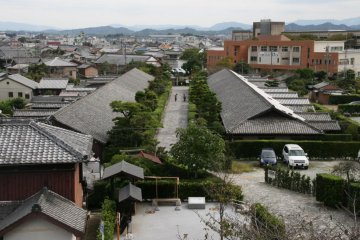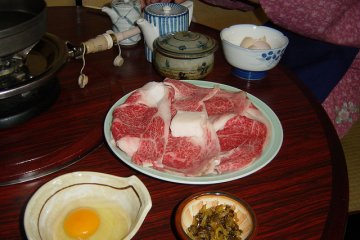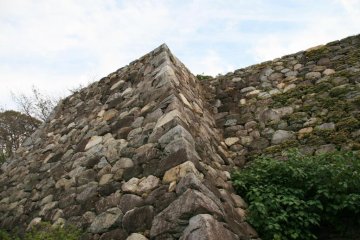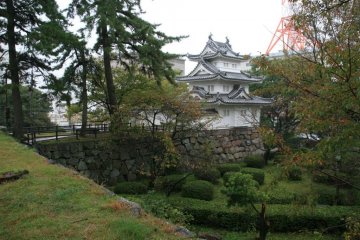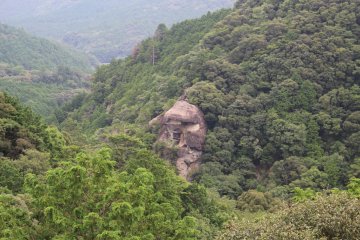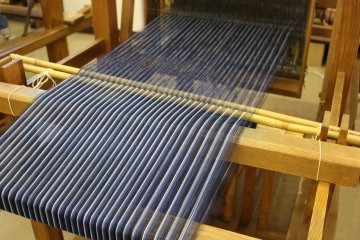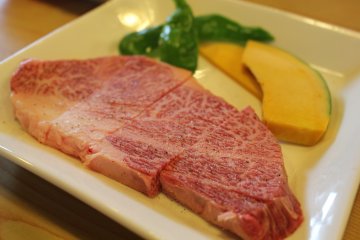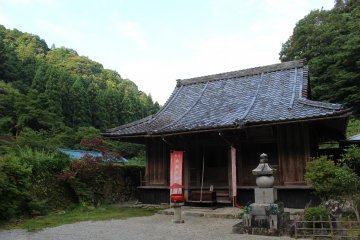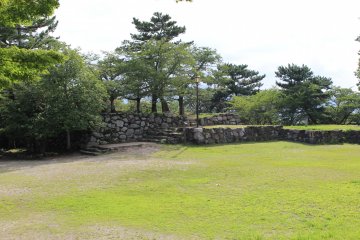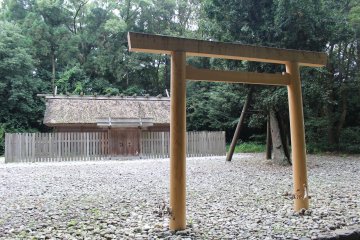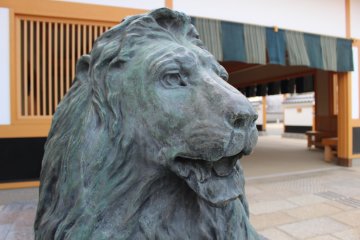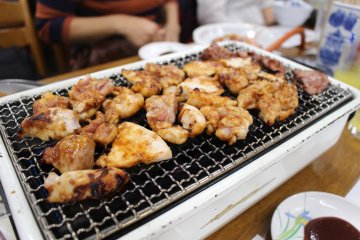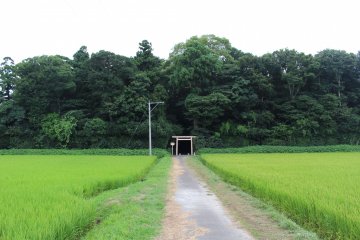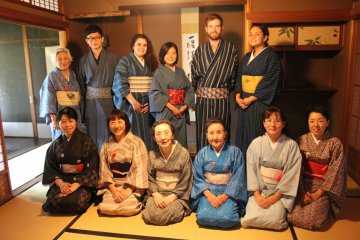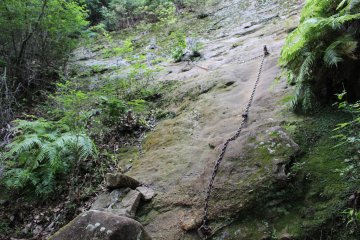Matsusaka City, based in central Mie prefecture, is located just a few hours south of Nagoya and Kyoto, on the Kii peninsula.
For those looking to escape the well-trodden tourist trail, a detour down to Matsusaka can take you on a mini adventure across mountaintop temples, unforgettable hikes, local crafts and delectable wagyu beef.
Exploring central Matsusaka
Arriving at Matsusaka Station, visitors can quickly find the main Tourist Information Centre outside the west exit. Here they offer a wealth of information in multiple languages, with staff able to offer assistance or advice in English directly, or other languages via a translation service. They also offer pocket Wi-Fi rental for the day, as well as rental bicycles.
Understanding the history of Matsusaka is best achieved by a quiet, leisurely stroll around the city centre, with the city’s castle ruins about 15-20 minutes walk to the west. The zig-zagging, disjointed streets are defensive mechanism from the Edo era, otherwise it's fairly easy to find where you're going. The prize for reaching the top is a perfect citywide view. The original castle, built by Gamou Ujisato in 1588, was protected by samurai and it is their residences at the southern edge of the ruins, Gojoban Yashiki, that are the most notable features on the skyline. The northernmost residence (closest to the castle) is actually open to the public and can be freely visited at no charge. The remaining properties are all private dwellings, inhabited by descendants of those original samurai in many cases.
Exploring the rest of the city centre will lead you to find several historical merchant houses, who Gamou invited from across Japan to help commerce in the city thrive. It is in this central district where you'll also learn about Matsusaka's cotton weaving heritage, which dates back to the 5th century. At the Matsusaka Cotton Center, you can buy many kinds of indigo cotton souvenirs, or even partake in a cotton weaving activity to experience this local culture first-hand.
Local food
Many visitors will be drawn instantly by the region's unparalleled wagyu reputation: intensely marbled, melt-in-the-mouth Matsusaka beef that is highly regarded as the go-to premium variety, more so than Kobe beef itself.
A short journey from the city centre, you can find the yakiniku/steakhouse restaurant, Yamagoya (since closed), which prides itself on its reasonably priced Matsusaka beef. Opt between several varieties of cuts, including sirloin. The more centrally located Shoutouan restaurant offers premium cuts of Matsusaka beef served sukiyaki-style, set to a backdrop of traditional Japanese artwork interior and picturesque garden exterior.
Beyond beef, Matsusaka is also known for its chicken—the popular Maejima Shokudo offering yakitori on the grill with miso—and green tea production. The mountainous valleys inland with their fertile, rolling fields of green tea crops help explain why Mie is Japan's third largest producer. Shinryoku Sabō is a small, but well-known, tea shop offering green tea experiences to visitors, with step-by-step instruction
Deep in the mountains
Looking beyond the tea fields further west, to the mountains themselves, visitors will uncover an altogether different side to the city centre's bayside area. Deep in the mountains, the trailhead of Mount Ise-sanjou is marked out by the remote Ibutaji Temple, which accepts visitors at its neighbouring 'Gyouja-no-yado' lodge (lit. 'Pilgrim's inn').
Staying overnight (just ¥3,000 per person) under the watchful eye of monk Segi-san, we embarked the next day on a 7am hike up Mount Ise-sanjou itself. It's a traditional pilgrimage route and visitors will soon start to see why – chains cascade down a relatively steep rock face inviting challengers to scramble up. At first sight it seems perilous, but there are abundant foot- and handholds to help up even the most novice of climbers. The reward is mesmerising – with the tiny Iwaya hondou shrine (built into the Gyouja-iwa cliff) offering a genuine moment of paradise, set against the sprawling forest canopy beneath.
Suddenly, a visit to Matsusaka makes perfect sense – with this detour forging a lasting memory that the main tourist trails could not hope to match.



